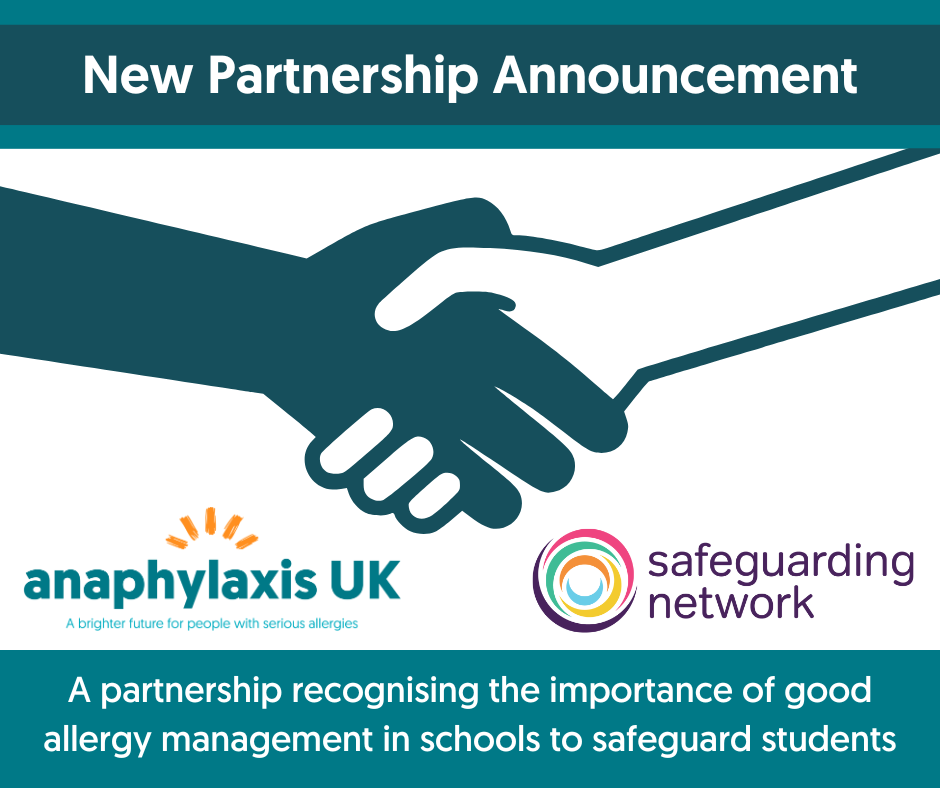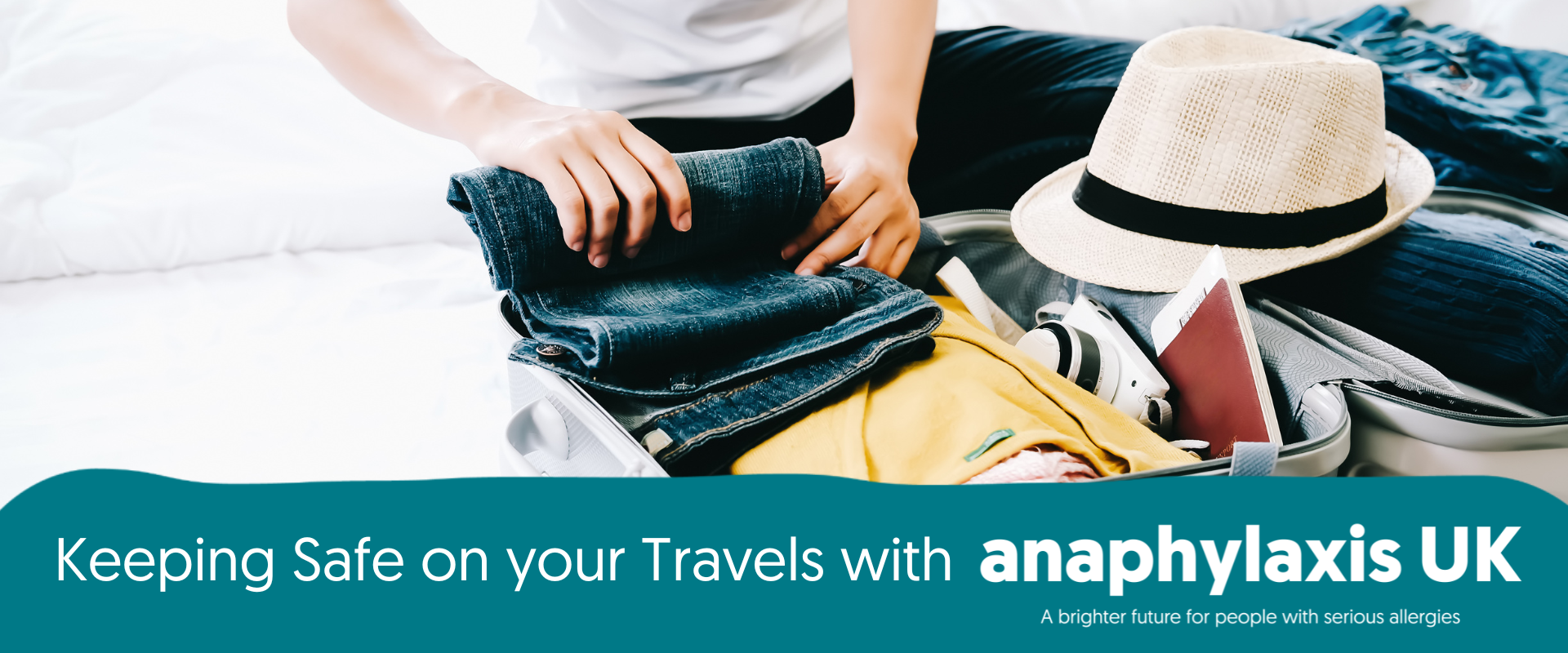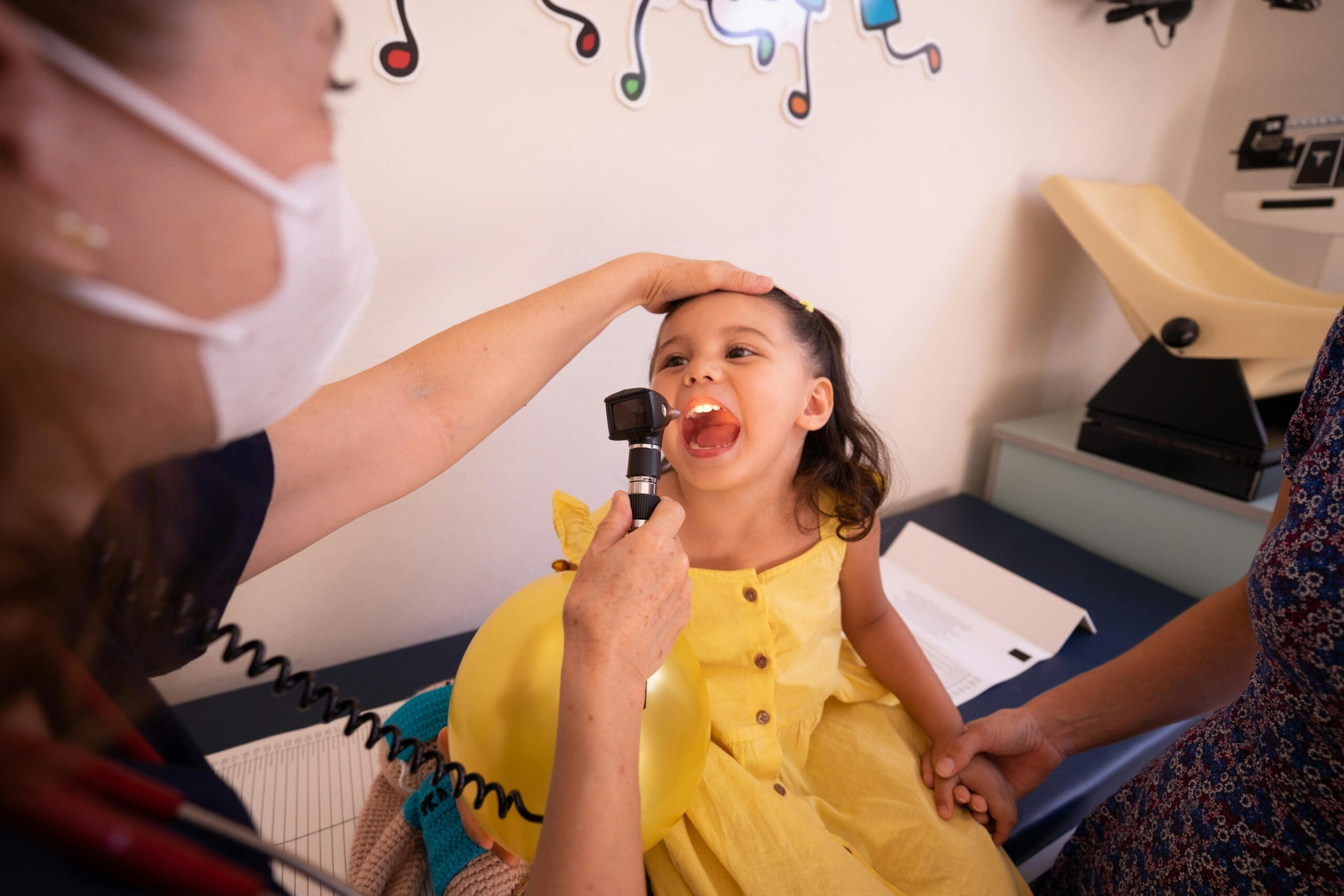
Constipation is a common issue in young children, affecting up to 32.2% worldwide, making it challenging to recognise when it may be a symptom of a non-IgE-mediated food allergy. Recent research highlights that constipation can be a primary symptom in
Read more
Anaphylaxis UK offer their condolences to the family and friends of Hannah Jacobs who sadly passed away following anaphylaxis due to a severe dairy allergy in February 2023 after taking a sip of a Costa Coffee hot chocolate.
Read more
A recent global survey from the Global Access to Psychological Services for Food Allergy (GAPS) study has shown that people with food allergies and their caregivers experience a lot of stress and anxiety related to their allergies. The study included
Read more
Our 2024 Bee and Wasp Venom Awareness campaign, funded by an educational grant from ALK, continues throughout the summer, and we have developed a brand new resource to help individuals understand when they need to seek medical attention after a bee or wasp sting.
Read more
We are delighted to announce our partnership with Safeguarding Network, who recognise the importance of good allergy management in schools to safeguard students.
Read more
Air travel can often be stressful for individuals with food allergies. At Anaphylaxis UK, we recognise these challenges and aim to help passengers with food allergies and their families prepare for safe and enjoyable journeys. This guide explains your rights
Read more
Have you got a food allergy and experience severe reactions? Would you like to join a study to help researchers understand how to better support self-care?
Read more
The Anaphylaxis UK Business Forum continues to be a crucial platform for businesses across sectors to collaborate on enhancing allergen management practices. June’s Business Forum featured updates from global leaders in food science, food safety, and allergy science, focusing on
Read more
Researchers from the University of Surrey are looking for parents/carers of children who have experienced anaphylaxis or a serious asthma attack to take part in a study. Please see the invitation below: Are you a parent or carer of a
Read more